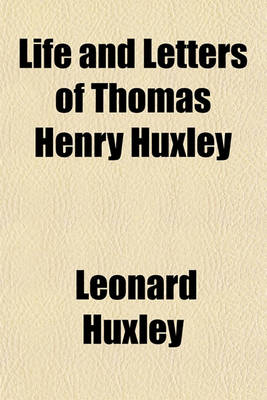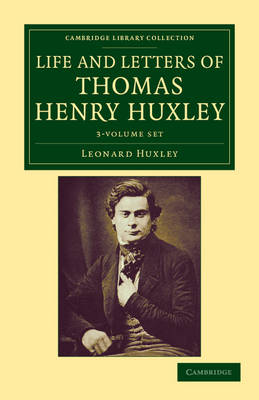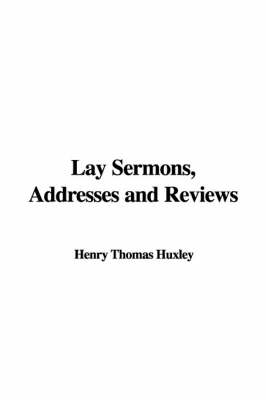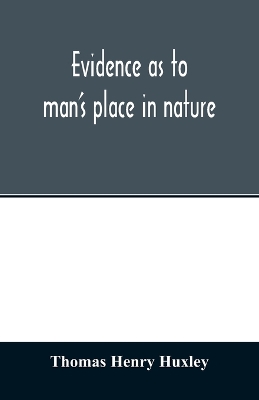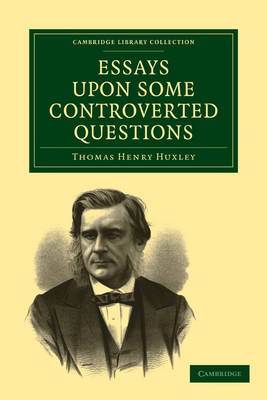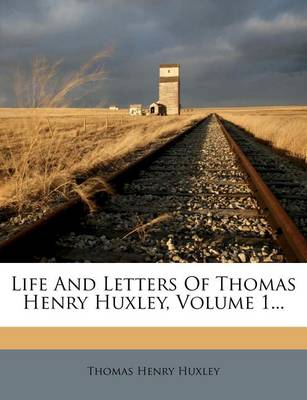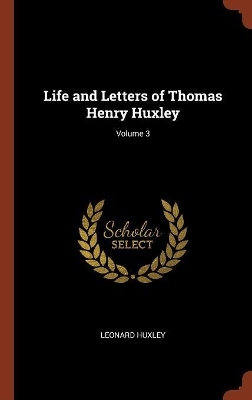Cambridge Library Collection - Darwin, Evolution and Genetics
1 primary work • 8 total works
Volume 3
Life and Letters of Thomas Henry Huxley 3 Volume Set
by Leonard Huxley and Thomas Henry Huxley
Life and Letters of Thomas Henry Huxley, Volume 1...
by Thomas Henry Huxley
